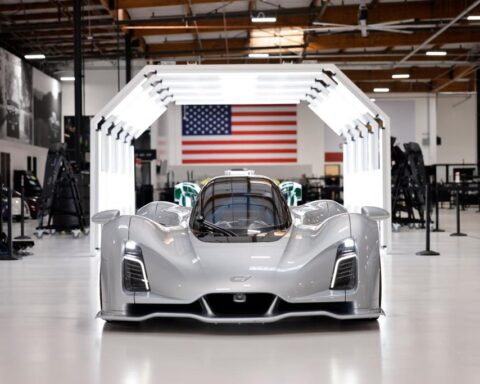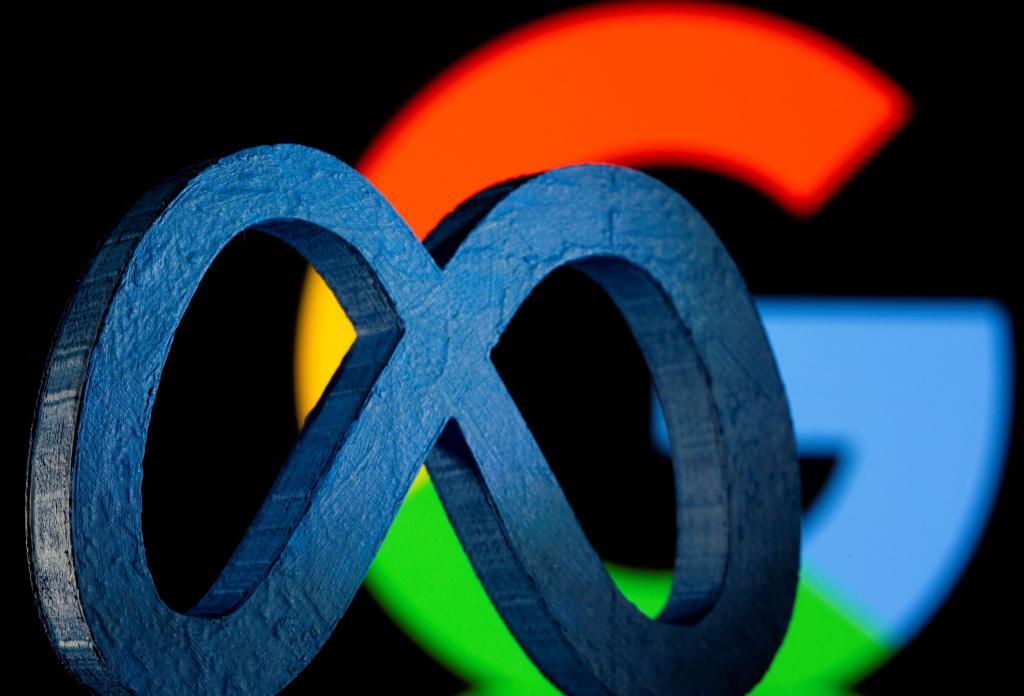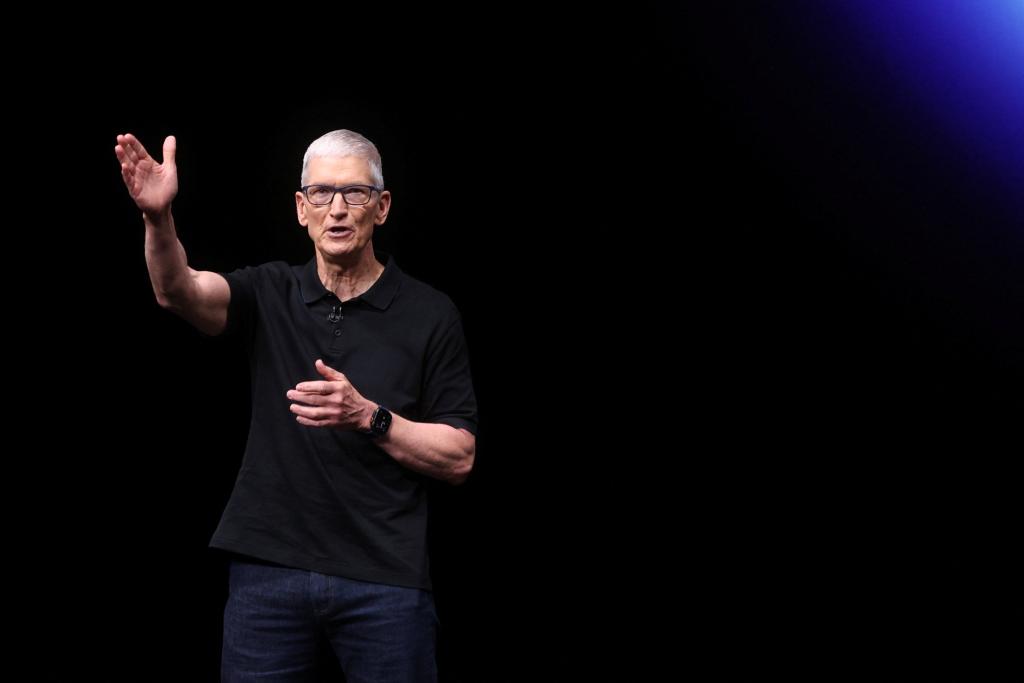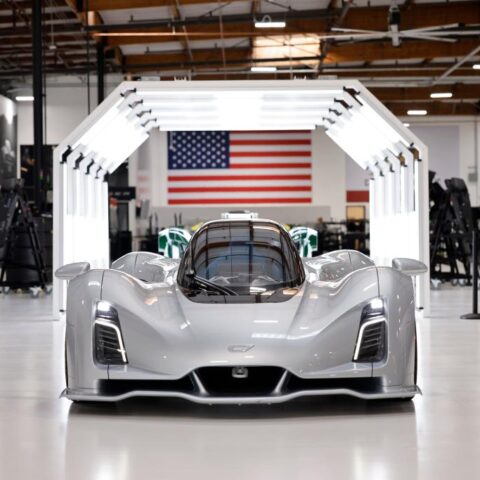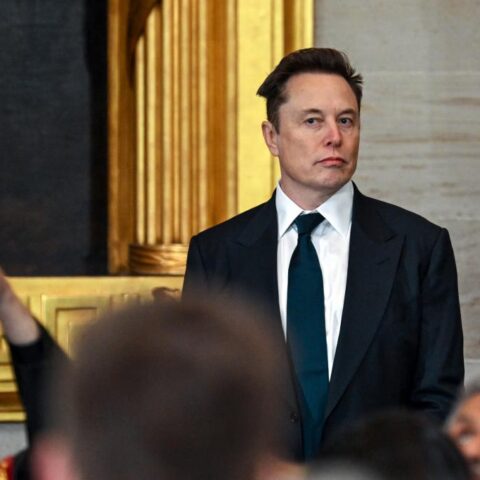A potential multibillion-dollar deal between Meta and Google sparks market turbulence and intensifies the race for dominance in the global AI chip ecosystem.
In a development that has rippled across the tech industry, Nvidia shares fell nearly 4% on Tuesday after reports surfaced that Meta is in talks to purchase billions of dollars’ worth of AI chips from Google. The discussions, first reported by The Information, reveal Meta’s interest in integrating Google’s Tensor Processing Units (TPUs) into its data centers by 2027—an unprecedented shift for a company that has long relied on Nvidia’s GPUs to power its AI ambitions.
According to sources close to the negotiations, Meta is also exploring the option of renting Google’s TPUs through Google Cloud as early as next year. If the talks materialize into a formal agreement, Google could claim up to 10% of Nvidia’s annual revenue, redirecting billions from the industry’s most dominant chipmaker to one of its fiercest rivals.
Both companies remained publicly cordial. A Google spokesperson emphasized surging demand for both TPUs and Nvidia GPUs, while Nvidia praised Google’s progress and highlighted its own unmatched leadership, noting, “NVIDIA is a generation ahead of the industry.” Meta declined to comment.
TPUs—central to Google’s most advanced AI products including Search, YouTube, and DeepMind models—have gained traction as a cost-effective and secure alternative to Nvidia’s GPUs. Analysts note that edge-driven demand for inference chips, essential for real-time AI reasoning, is the true battleground in the race to challenge Nvidia’s supremacy.
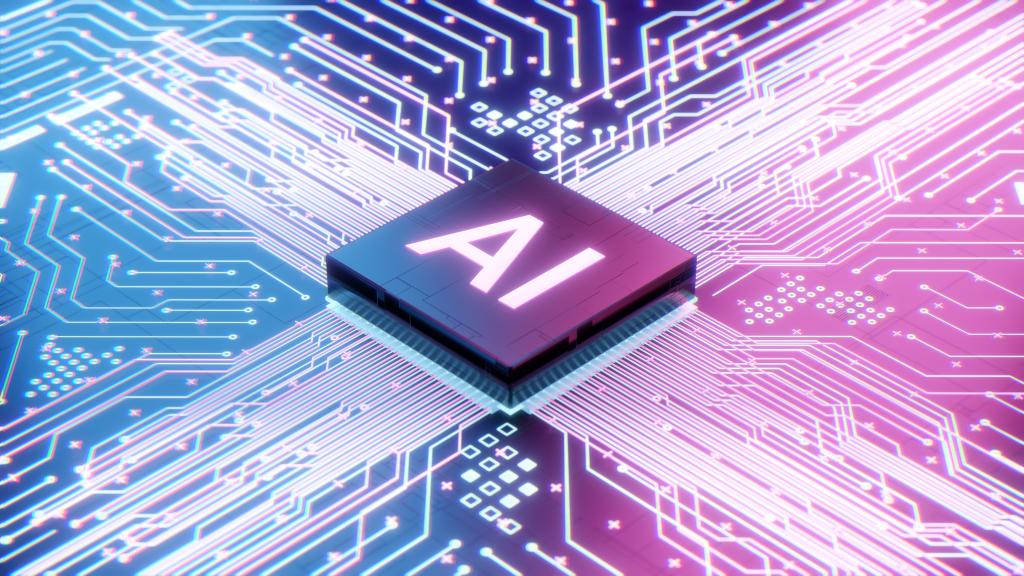
The timing is critical. Google recently unveiled its powerful Gemini 3 model, drawing widespread acclaim. Meanwhile, Meta is deepening its AI investment strategy, exploring Google’s chips not only for inference but for training new models—a strategic departure that could reshape the competitive landscape.
Nvidia, now the world’s most valuable company with a staggering $4.2 trillion market cap, has responded aggressively in similar situations. After Google announced a partnership to supply Anthropic with up to 1 million TPUs, Nvidia quickly committed billions to Anthropic. When OpenAI revealed plans to rent TPUs, Nvidia followed with a $100 billion investment pledge.
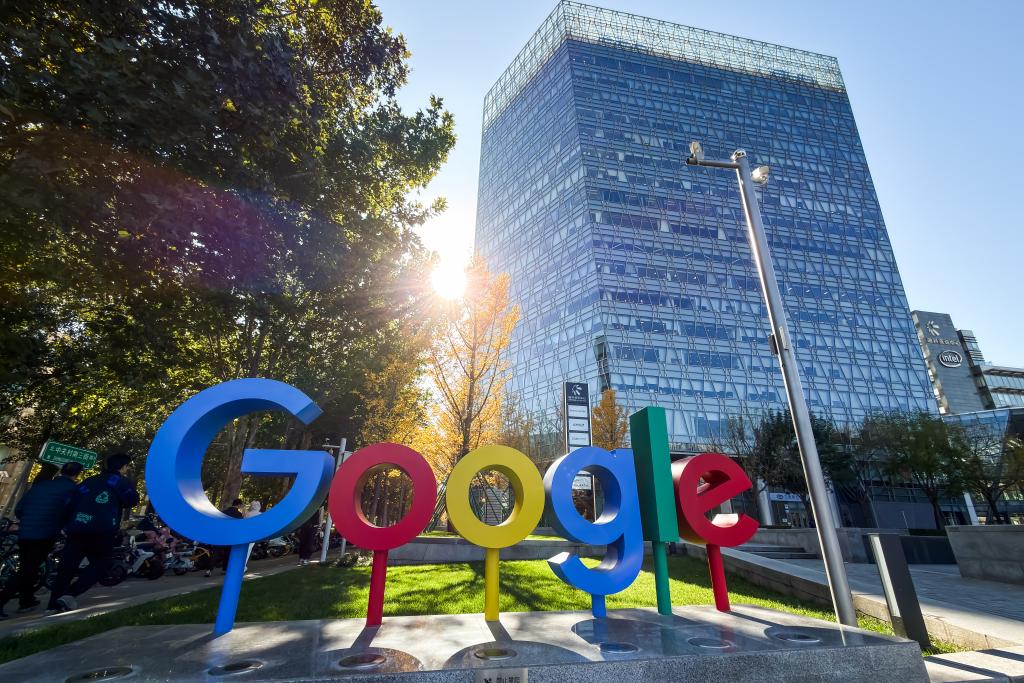
The Meta–Google discussions hint at a broader shift: major AI players are diversifying hardware partners to reduce dependency on Nvidia, control costs, and bolster security. Google, in turn, has developed new TPU software aimed squarely at Nvidia’s industry-standard CUDA platform.
As negotiations continue, one thing is clear: if Meta pivots even partially away from Nvidia, it could redefine alliances, revenues, and innovation pipelines across the global AI chip market. The next move from the world’s leading tech giants may determine the future of AI infrastructure itself.




